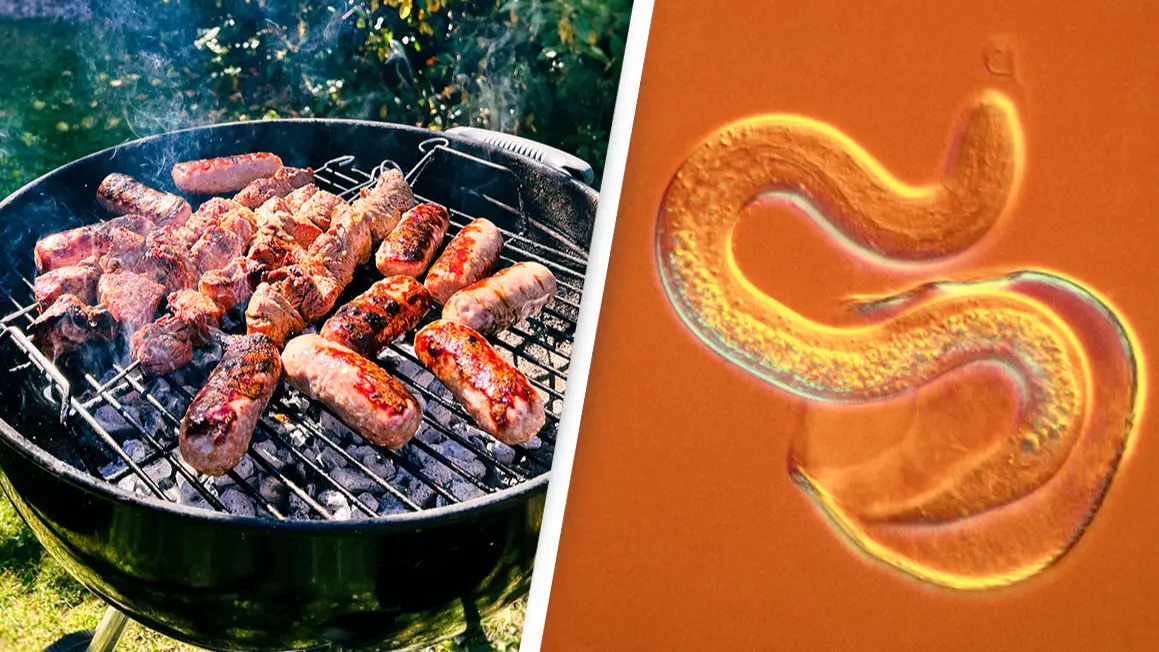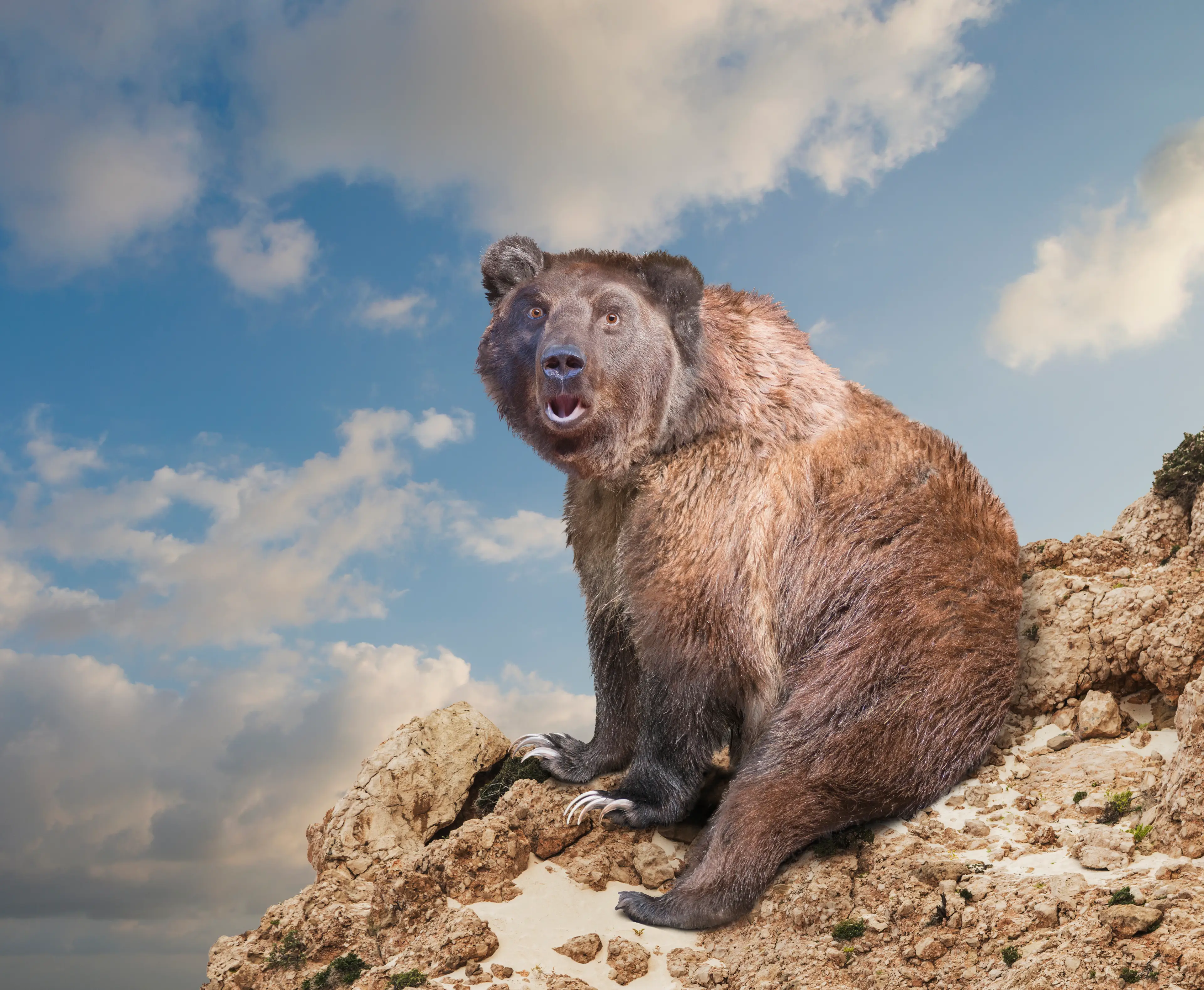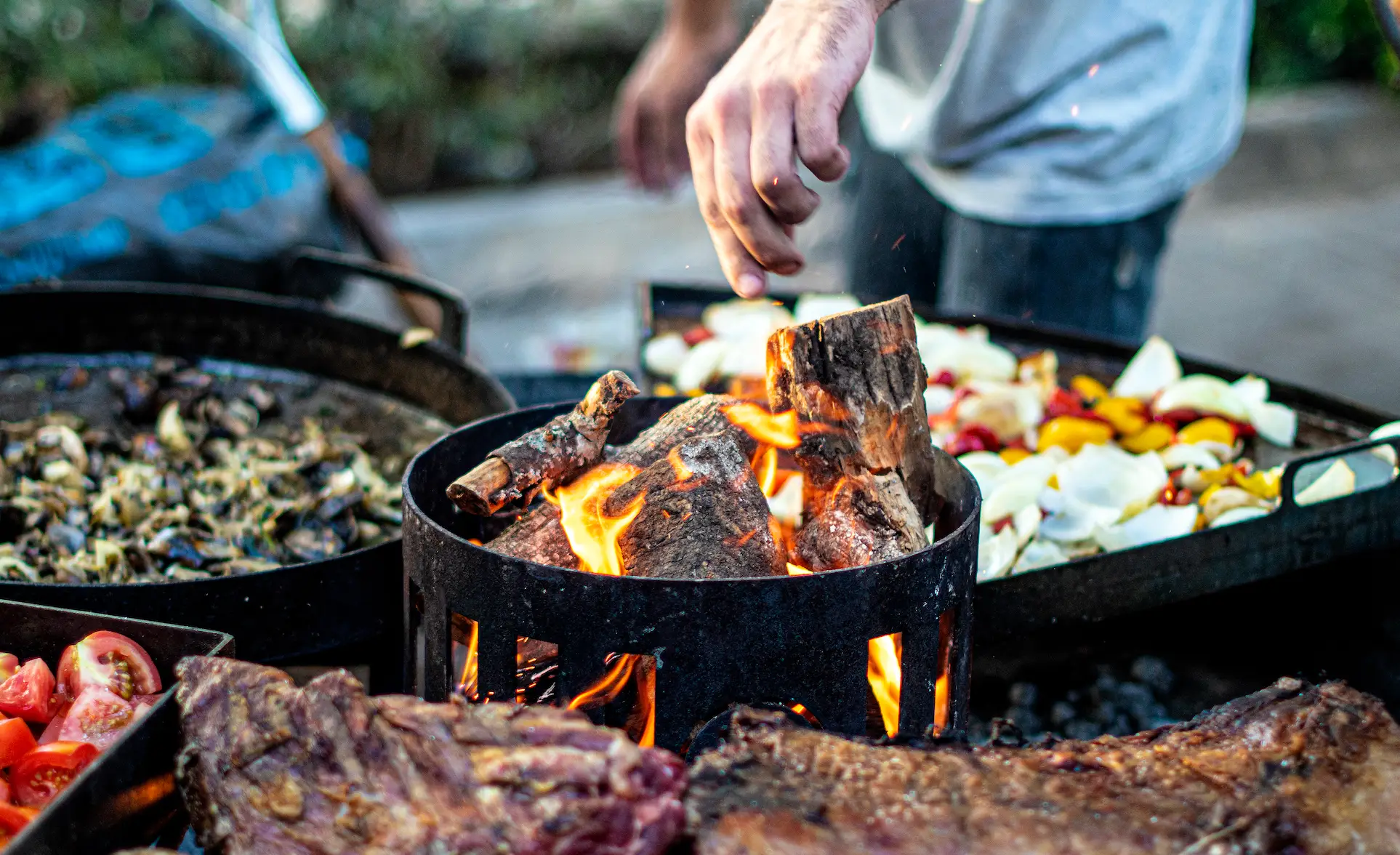
A public health department has issued a warning after barbecue guests contracted a rare parasite after eating uncooked meat.
In November last year, 34 people attended a barbecue in western North Carolina.
However, not long after, 10 reported feeling unwell and exhibited worrying symptoms.
The symptoms
In a report released on October 10, 2024, the Centers for Disease Control and Prevention revealed 22 of the 34 people present at the barbecue confirmed they'd eaten some undercooked meat. And it wasn't just any old meat, but bear meat.
Advert
Out of the 10 of those who reported experiencing symptoms of something not quite right, nine exhibited facial swelling, six had myalgia - muscle pain - and four experienced a fever.
Five of those 10 later tested positive for a rare parasitic disease called Trichinellosis.

The parasitic disease
CDC explains: "Trichinella spp. nematodes are complex life cycle parasites that can cause trichinellosis (also called trichinosis) when humans consume undercooked or raw meat harboring dormant larvae."
While the disease is 'rare' in the US, given the 'changes in pig-raising practices' which have taken place, cases which have recently occurred have been 'associated with the consumption of wild game meat' - another outbreak reported as taking place in 2022 which resulted in six trichinellosis cases in several patients who consumed undercooked bear meat too, although two patients had only eaten vegetables.
It warns: "Signs and symptoms include myalgia and fever in 54 percent of cases and facial swelling in 42 percent. Timely identification is important because trichinellosis can be severe; 0.2 percent of cases are fatal."
While only five tested positive for the disease, the CDC reflects: "Confirmatory diagnosis requires additional testing of convalescent samples, and none of those receiving testing returned for convalescent serum testing. No bear meat was available for laboratory testing."
And so, all 10 are reported as being 'probable cases' of the parasite with most prescribed antihelminth - a drug which treats parasite infections.

How to reduce the risk
The CDC urges local health departments and wildlife management to 'communicate safe wild game meat preparation', noting it's 'the most effective way to prevent trichinellosis'.
"Diagnostic antibody tests might have poor accuracy, and treatment costs can be substantial," it warns.
And if you were planning on hunting a bear and cheffing it up anytime soon?
Well, it advises: "Cooking wild game meat to an internal temperature ≥165°F (≥74°C) is necessary to kill Trichinella spp. parasites."
Topics: Animals, Food and Drink, Health, US News